Unelected pundits unceasingly tell us democracy is in danger.
Yet as voters grit their teeth for a Biden-Trump rematch, they might wonder whether democracy is such a great thing in the first place.
Was it all a mistake to ditch George III for this?
The U.K. has free elections just as we do.
But when a prime minister is as unpopular as, say, Rishi Sunak is right now, nobody worries that Britain is in a cultural civil war.
Prime ministers come and go, but the head of state, the king or queen, can be consistent for decades — and, in the case of a monarch like Elizabeth II, can be consistently beloved.
Our citizens are only slightly less fascinated by the royal family than their subjects are.
The plight of the missing princess has certainly captured Americans’ attention.
The former Kate Middleton — now Catherine, Princess of Wales — has hardly been seen since Christmas.
She went under the knife in January for “planned abdominal surgery,” and spokesmen said she wouldn’t resume public duties until Easter.
This was vague enough to pique rather than allay concerns.
They intensified when her husband — the heir to the throne, Prince William — backed out of attending the funeral of his godfather, King Constantine of Greece, because of a sudden “personal matter.”
What could stop gossip about the princess’s health?
Publicists at Kensington Palace, and evidently Kate and William, hit on the idea of releasing a photograph of the princess, smiling and surrounded by her children, for the U.K.’s Mothering Sunday on March 10.
Only the photo they released was faked — badly, boldly and baldly.
Little Princess Charlotte’s sweater sleeve disappeared on her wrist.
The pattern on Prince Louis’ sweater was off-kilter, as were tiles on the ground behind him, among a plethora of other oddities.
On closer look, it even seemed Kate’s head had been stitched in from another source.
The Associated Press, Reuters and other agencies pulled the pic from circulation.
Statements under the unseen princess’s name asserted, “like many amateur photographers, I do occasionally experiment with editing.”
That’s as charming as it is implausible.
The manipulation was more than a touch-up, and releasing the image was calculated to quell conspiracy theories — which, of course, it only fueled.
But the ineptitude of the whole thing emphasized how low the stakes really are.
There’s a prurient, tabloid interest in prying into the princess’s health, but there’s also genuine sympathy on the part of many Brits, who see the royal family as the nation’s family, too.
That’s not the way we Americans do, or should, think about our elected leaders.
The monarchy is more a focus of reverence for the British than the Church of England is.
It’s a reminder of something in common above politics and away from ideology — a family spirit.
Of course, royal families are as flawed as every other kind.
Yet in democratic times, public awareness of royal scandals can make the family seem more representative — even relatable.
It certainly adds a soap-opera emotional investment to figures whose social status would otherwise make them feel remote.
This does have a parallel in American politics: Bill Clinton and Donald Trump both mastered the art of involving the public in their passions.
That helps a politician hog the headlines and keeps him going even when those headlines are outraged.
Tabloid attention can get a royal killed, in the extreme case of an earlier Princess of Wales — Diana, William’s mother, the betrayed first wife of the now-King Charles, harried to death by paparazzi in a Paris tunnel.
Yet Diana’s death ultimately reaffirmed the British public’s sympathy for the monarchy.
When presidents or prime ministers encounter life-or-death circumstances, on the other hand, the lives on the line are usually others’, and on a large scale.
Questions of war and peace often produce a nation’s deepest divisions.
The British monarchy no longer decides such questions — which is one reason it remains loved; it is innocent of the most serious choices.
American presidents, by contrast, bear the reputational cost for the power they wield at home and abroad.
Does this mean America has no unifying figurehead untainted by polarizing choices?
The closest thing we have to a constitutional monarch is the Constitution itself, which like a modern king or queen makes no policy and disinterestedly stands above those who do.
But it’s hard to make the Constitution as exciting as a flesh-and-blood royal family — it has nothing like the Princess of Wales, so the human drama of our democracy comes from the men who also make its deadliest decisions.
Daniel McCarthy is the editor of Modern Age: A Conservative Review. To read more by Daniel McCarthy, visit www.creators.com.
COPYRIGHT 2024 CREATORS.COM



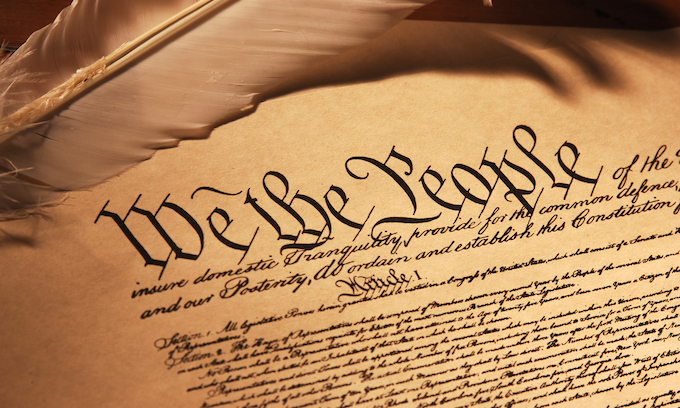
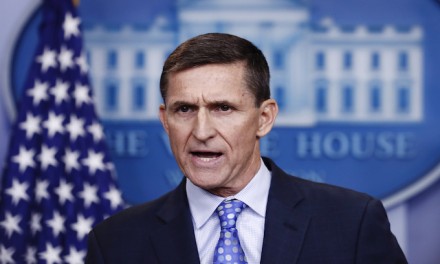
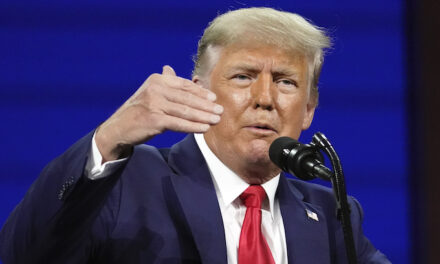
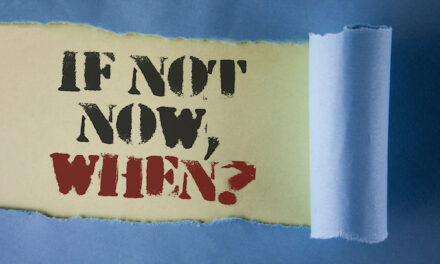
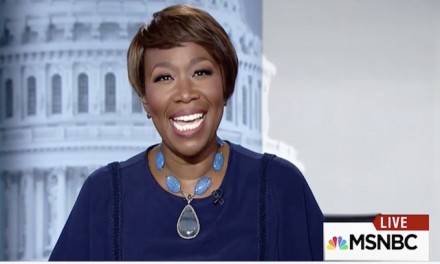











Personification and edification of royal personage is only required by a people incapable of Self-Governing their own existencesTrue Americans left that state of mind 240 years ago, with the exception of one political party of personal and social dependency upon illusion, that has to keep alive the well masked and costumed unreality of fake personalities created in the minds of the party controllers to display the dogs in their dog and pony shows as Tricks and treats for those, incapable of self-governing their own lives, to fawn upon and take delight in the same frailties they themselves contain. Their misery loves the company, as well as the illusion, but the dangers of the deification of mere mortals soon becomes apparent to most once the mask comes off and the costumes taken off, revealing frightened children in adult bodies residing within. God bless America where true American men become kings in their OWN castles, won with the sweat of their brow, the ingenuities of their own minds, and the determination to earn a meaningful life of their own making, not living off the laurels of past familial generations, but creating and earning those for themsleves today. The true definition of American democracy.
While our constitution MAY be seen as ‘continual as a monarch’, the difference is the dems seem to LOVE the monarchy, but DESPISE OUR constitution.